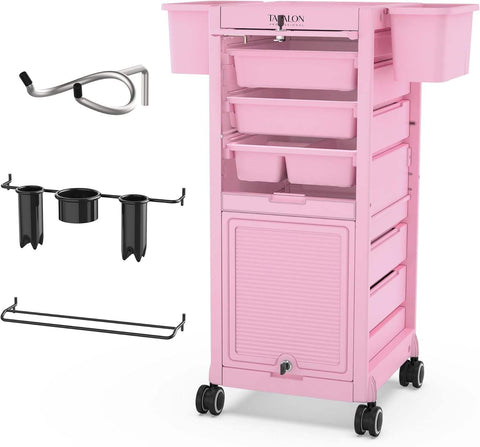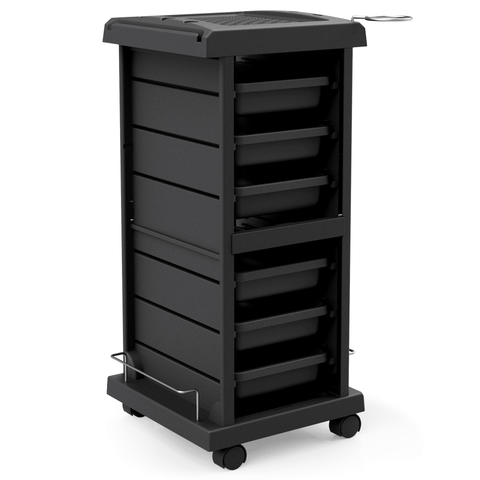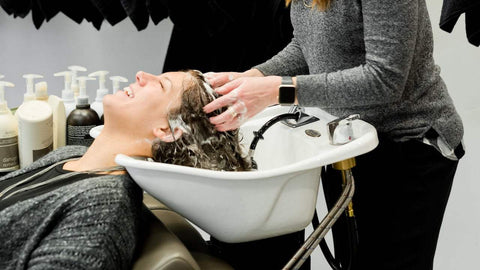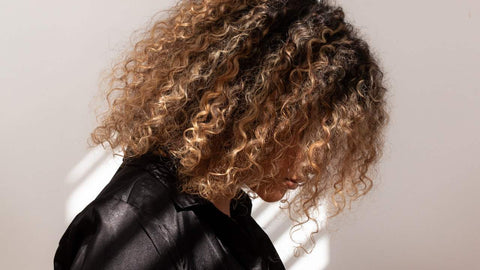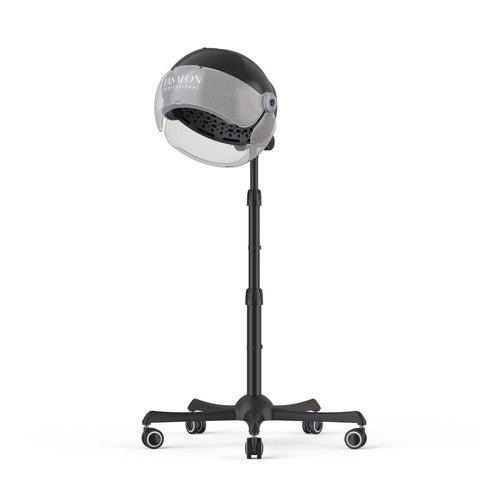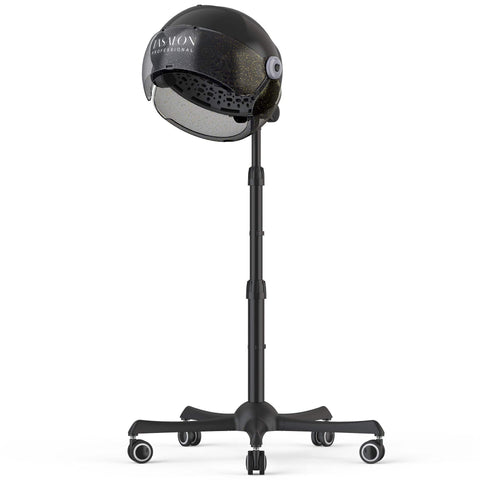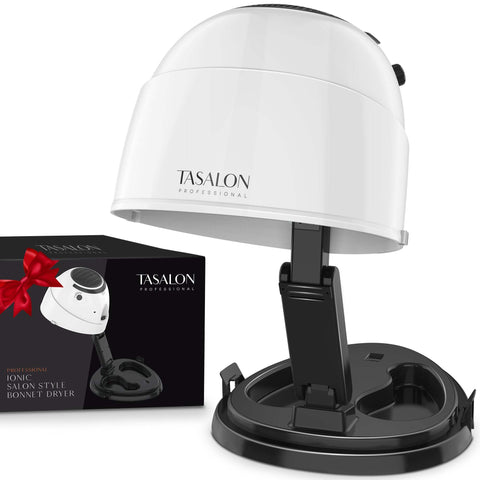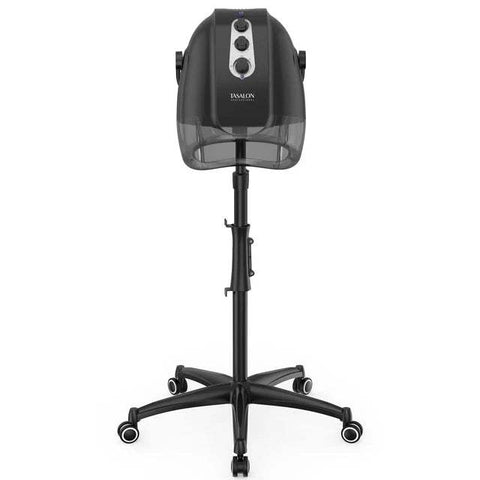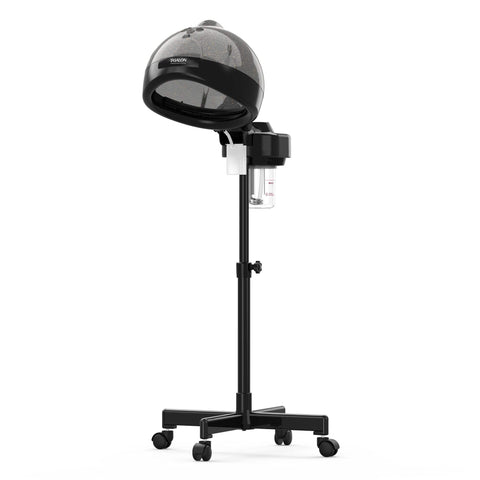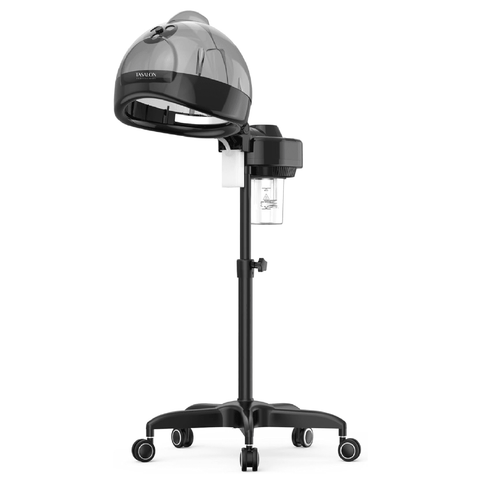Why is a haircut called a haircut?
Due to the different ways of dealing with hair in different dynasties, the name for the haircut industry is also different, for example, it is called "grate" in the Ming Dynasty, "shaving" in the Qing Dynasty, "haircut", "push" and so on. During the Shunzhi period of the Qing Dynasty, the first barber shop in China was officially established in Fengtianfu.
The meaning of "haircut" in surgery is that the body's useless accessory tissue is collectively removed. Hair care (haircut for short), also known as hair care. The common thing is to trim the hair, which makes the appearance clean and tidy, and has the function of beautifying appearance and beauty. A haircut can be a family activity in which family members and friends help each other.
Since the reform and opening up, Wenzhou people have set off a new and most exciting part of the haircut industry in the country, basically without faders, all using scissors, so it is also called haircut.
The second dragon looks up in February. Why do you need a haircut? And in ancient times, you didn't get a haircut? Isn't it like having your hair cut off?
1. In fact, the saying that "on February 2, the dragon looks up" has something to do with ancient astronomy. In ancient China, 28 nights were used to indicate the position of the sun, moon and stars in the sky and to judge the seasons. 28 Jiao, Kang, Kuang, Fang, Xin, Wei, Kei seven nights form a complete dragon-shaped constellation, which is just like the horn of a dragon.
2. In the old days, there was a saying among the people in Huaian that "if you have money but no money, you will shave your head for the Spring Festival." It has been more than a month since the second day of February before the Spring Festival, and it is time to have a haircut. The rise of the dragon on February 2 is an auspicious day, and over a long period of time, the custom of shaving his head on February 2 was formed.
3. It is said that the second day of February in the lunar calendar is the traditional "Spring Dragon Festival". There is a saying that "the second dragon in February looks up". There has always been a folk custom of "getting a haircut and getting old". It is said that a haircut on this day can bring good luck for a year.
Why is a haircut called "shaving faucet" on February 2? The origin of it.
Shaving bibcock refers to a haircut on the second day of February, and a haircut for children is called shaving "happy head". When the dragon looks up, it will bless the healthy growth of children and rise to prominence when they grow up. Adults will get a haircut, bid farewell to the old and welcome the new, hoping to bring good luck and a smooth new year.
Because February 2 is the day when the dragon looks up, shaving the head on this day is referred to as the shaving faucet. The second day of the second month of the lunar calendar, also known as Spring ploughing Festival, Agricultural Festival, Green Dragon Festival, Spring Dragon Festival and so on, is a traditional Chinese folk festival.
There is a saying that there is a haircut on the second day of February. Give children a haircut, called shaving happy head, when the dragon looks up, bless the healthy growth of children, grow up to stand out; adults haircut, called shaving bibcock, bid farewell to the old and welcome the new, hoping to bring good luck. There is a folk proverb as proof: on the second of February, when the dragon looks up, the children and adults should shave their heads.
What's the difference between a haircut and a haircut?
Haircut is to change a hairstyle on the basis of the original hairstyle, the length will change greatly. Can make a person's appearance neat, can change a person's appearance and temperament. Haircut can be understood as hair care, while a full set of haircuts includes shampoo, blow blow, haircut, hair dye, styling, care and so on.
Different dynasties have different ways to deal with hair hygiene, and different periods have different terms for their own treatment methods.
Haircut in high-end terms is: mass resection of useless accessory tissue of the human body. The word "haircut" first appeared in the literature of the Song Dynasty. Zhu Xi explained in the sentence "the guide bar is the guide bar" in his notes on the poem Zhou Song Liangfu: "Guide bar, hairdresser." Guide bar is a kind of hairdresser.
It makes no difference. Sometimes it just sounds good. Like a former barber, then a barber, then a hairdresser. Now I'm a stylist.
In order to make the cake bigger: downstream training schools, cosmetics, haircut products, wig products, will be more attached to this organization, hairdressing organizations will have more bargaining power and pricing power. Only when the hairdressing organization is strong, can we provide consumers with standardized and humanized remote services.
The origin of "haircut" and "shaving"?
Due to the different ways of dealing with hair in different dynasties, the name for the haircut industry is also different, for example, it is called "grate" in the Ming Dynasty, "shaving" in the Qing Dynasty, "haircut", "push" and so on. During the Shunzhi period of the Qing Dynasty, the first barber shop in China was officially established in Fengtianfu.
The barber is the name of the barber industry in the special period, appeared in the Qing Dynasty, but the word shaving has a very ancient history, originated in the Spring and Autumn and warring States period, the barber in the Qing Dynasty and the traditional Chinese barber has a great difference.
The word "haircut" appeared before and after the Revolution of 1911 in the late Qing Dynasty and the early Republic of China. At the end of the Qing Dynasty, Sun Yat-sen and other revolutionaries had cut off their braids to show their determination to overthrow the Qing Dynasty. By the time of the Republic of China, people had cut off their braids and had their hair cut short. Since the hairstyle has become short, the hair will have to be cut short when it grows, so people call it a "haircut".









